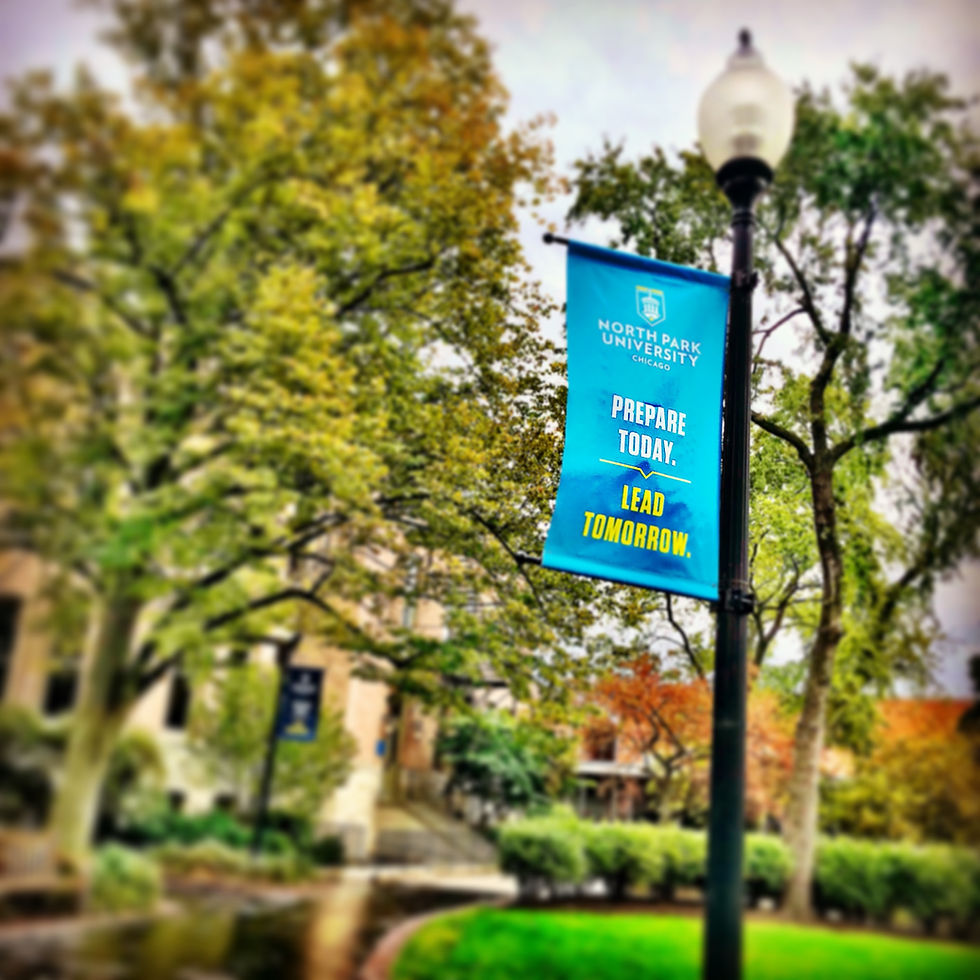Lesson Time = Show Time
- Dr. Renée-Paule Gauthier
- Dec 1, 2015
- 2 min read
Recognize that the harder you work and the better prepared you are, the more luck you might have. - Ed Bradley
For the last entry of 2015, I want to encourage you to go all in, at all times, in all lessons!
As I mentioned two weeks ago, you pay good money for your lessons and it would be wise to take full advantage of the knowledge that a teacher is trying to transmit to you. How fast you progress will be directly proportional to how much care you take in preparing for your lesson.
Every. Single. Week.
Before the lesson
Schedule your daily practice sessions at the beginning of the week, and organize them in your practice journal (you have one, right?), making sure you are progressing each day toward the completion of all assigned tasks.
The Lesson
Before walking in the room, verify that you have all your music, your lesson notebook/practice journal, a recording device, and a pencil. Tune if possible.
Once in, it’s “Show Time.” Although an important part of the lesson is to teach you how to practice more efficiently, your teacher is not there to hear you learn your material. He/she is there to hear what you have prepared and to help you take it to the next level.
During the lesson:
· Be prepared to perform all assigned material. Your teacher assigns specific exercises
· and repertoire very carefully. Everything is part of a big master plan! So make sure you work on everything that is assigned to you.
· Perform everything as beautifully as you can. Always! Treat every single element as “repertoire” (long tones, scales, technical work, etudes, etc.) and play them with proper form, beautiful tone, and as much musicality as you can. After all, you practice technique so you can play beautiful music. Don’t you think this is how you should also approach technique? Don’t ever forget that you are making art!
· Play without stopping. Your teacher wants to hear a performance, not practicing and hesitation. You do not get a second chance on stage and your lesson is the perfect place to gauge your progress and strengthen your “performance muscle.” See it as performance training and play your repertoire as if it were concert/audition/jury day.
After the lesson, don’t forget to bring your groceries home!
· Plan your practicing ahead of time
· Read and refer often to your lesson notes
· Practice systematically, intelligently, and with consistency
· Keep track of your progress: make sure you’re in line with your plan and working steadily towards your goal
· Use your practice journal in a fashion that maximizes your learning experience
Work hard, be smart, and make great art!




Comments